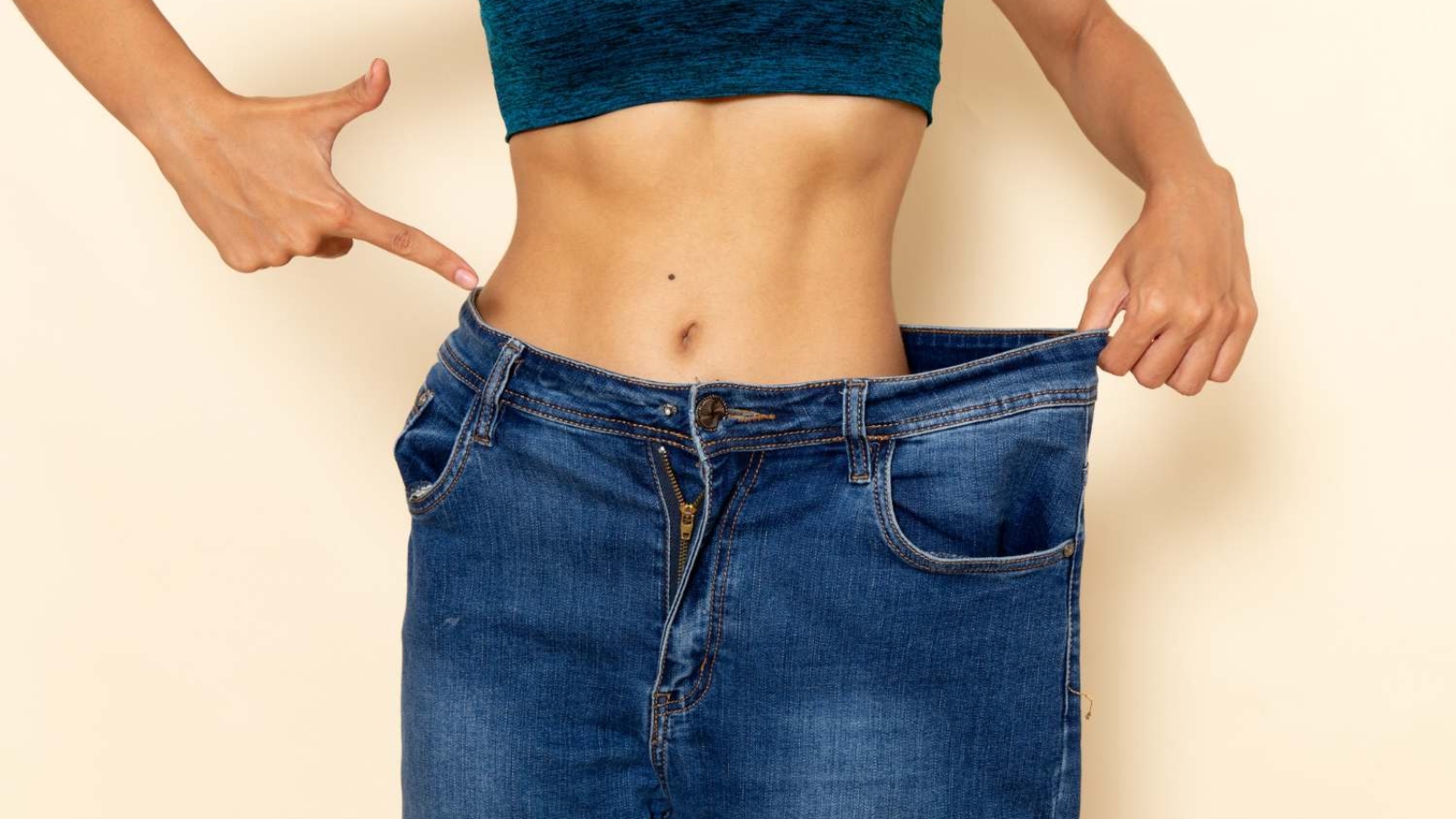It’s important to note that body fat removal surgery is not a weight loss method and should not be used as a substitute for a healthy lifestyle or weight management. It is most suitable for individuals who are already at or near their ideal weight but have localized pockets of fat that are resistant to diet and exercise.
Are there any risks associated with body fat removal surgery?
How do I reduce body fat properly?
1. Adopt a balanced and nutritious diet: Focus on consuming a variety of whole, unprocessed foods such as fruits, vegetables, lean proteins, whole grains, and healthy fats. Avoid or limit processed foods, sugary drinks, and unhealthy fats as they can hinder your weight loss efforts.
2. Create a calorie deficit: To lose body fat, you need to consume fewer calories than you expend. Calculate your daily caloric needs and create a moderate calorie deficit through a combination of dietary changes and increased physical activity.
3. Engage in regular exercise: Include both cardiovascular exercise and strength training in your fitness routine. Cardio exercises like running, cycling, swimming, or brisk walking help burn calories, while strength training exercises help build muscle. Muscle tissue burns more calories at rest, so increasing your muscle mass can contribute to fat loss.
4. Practice portion control: Be mindful of portion sizes and listen to your body’s hunger and fullness cues. Avoid overeating and practice moderation in your food choices.
5. Stay hydrated: Drinking an adequate amount of water can help with weight loss and overall health. Water can help suppress appetite, boost metabolism, and support bodily functions.
6. Get enough sleep: Aim for 7-9 hours of quality sleep each night. Sufficient sleep is essential for weight management as it regulates hormones related to appetite and metabolism.
How can I get rid of stretch marks permanently?
1. Topical treatments: Various creams, lotions, gels, and serums are available that claim to reduce the visibility of stretch marks. These products often contain ingredients like retinoids, hyaluronic acid, or vitamin C, which may help improve skin texture and promote collagen production. While they may not eliminate stretch marks entirely, they can make them less noticeable over time.
2. Laser therapy: Laser treatments, such as fractional laser therapy, can stimulate collagen production and promote skin regeneration. This can help reduce the appearance of stretch marks. Laser therapy is typically performed by dermatologists or plastic surgeons and often requires multiple sessions for optimal results.
3. Microneedling: Microneedling involves using a device with fine needles to create tiny punctures in the skin, triggering the body’s natural healing process. This process stimulates collagen and elastin production, which can help improve the appearance of stretch marks over time. Multiple sessions are usually required to achieve noticeable results.
4. Surgical procedures: In severe cases where stretch marks are extensive or accompanied by loose skin, surgical procedures such as tummy tucks or abdominoplasty may be considered. These procedures involve removing excess skin and tightening the remaining skin, which can reduce the appearance of stretch marks. However, surgical options are typically reserved for specific situations and should be discussed with a qualified plastic surgeon.
Visit Us : Sayar Clinic, Ayodhya Complex,Infront of Canara bank, Bibwewadi, Pune, Maharashtra 411037
Mail Us : [email protected]
Contact Us: +91 9890434447

